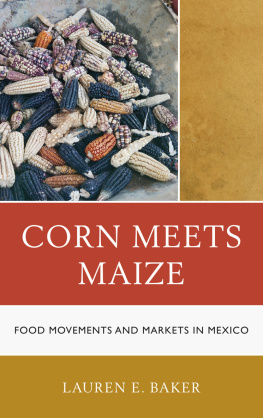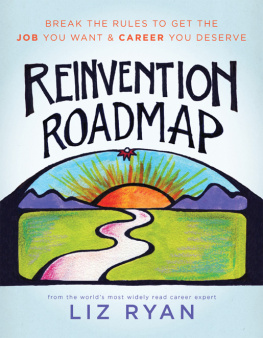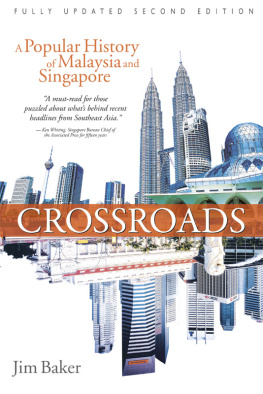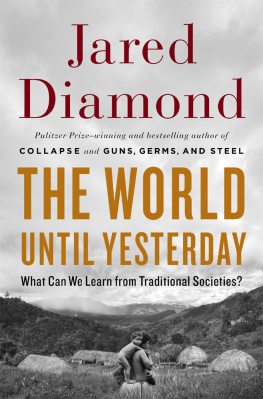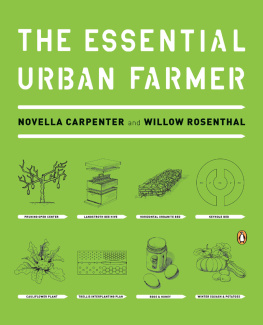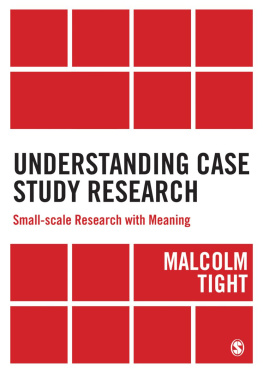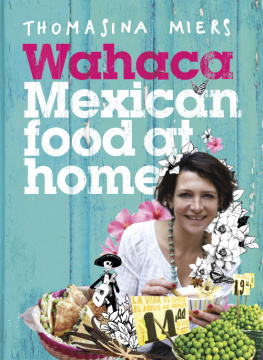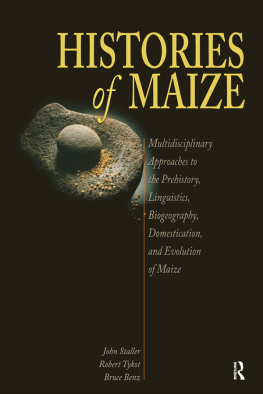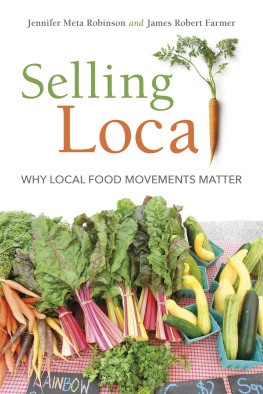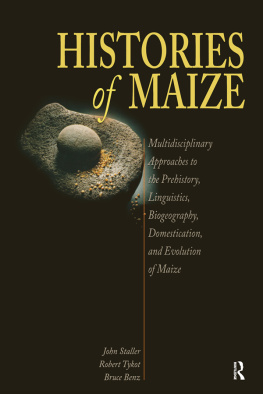Baker - Corn meets maize food movements and markets in Mexico
Here you can read online Baker - Corn meets maize food movements and markets in Mexico full text of the book (entire story) in english for free. Download pdf and epub, get meaning, cover and reviews about this ebook. City: Lanham;Mexico, year: 2013;2012, publisher: Rowman & Littlefield Publishers, genre: Politics. Description of the work, (preface) as well as reviews are available. Best literature library LitArk.com created for fans of good reading and offers a wide selection of genres:
Romance novel
Science fiction
Adventure
Detective
Science
History
Home and family
Prose
Art
Politics
Computer
Non-fiction
Religion
Business
Children
Humor
Choose a favorite category and find really read worthwhile books. Enjoy immersion in the world of imagination, feel the emotions of the characters or learn something new for yourself, make an fascinating discovery.
Corn meets maize food movements and markets in Mexico: summary, description and annotation
We offer to read an annotation, description, summary or preface (depends on what the author of the book "Corn meets maize food movements and markets in Mexico" wrote himself). If you haven't found the necessary information about the book — write in the comments, we will try to find it.
Corn meets maize food movements and markets in Mexico — read online for free the complete book (whole text) full work
Below is the text of the book, divided by pages. System saving the place of the last page read, allows you to conveniently read the book "Corn meets maize food movements and markets in Mexico" online for free, without having to search again every time where you left off. Put a bookmark, and you can go to the page where you finished reading at any time.
Font size:
Interval:
Bookmark:
Corn Meets Maize
Corn Meets Maize
Food Movements and Markets in Mexico
Lauren E. Baker
ROWMAN & LITTLEFIELD PUBLISHERS, INC.
Lanham Boulder New York Toronto Plymouth, UK
Published by Rowman & Littlefield Publishers, Inc.
A wholly owned subsidiary of The Rowman & Littlefield Publishing Group, Inc.
4501 Forbes Boulevard, Suite 200, Lanham, Maryland 20706
www.rowman.com
10 Thornbury Road, Plymouth PL6 7PP, United Kingdom
Copyright 2013 by Rowman & Littlefield Publishers, Inc.
All rights reserved . No part of this book may be reproduced in any form or by any electronic or mechanical means, including information storage and retrieval systems, without written permission from the publisher, except by a reviewer who may quote passages in a review.
British Library Cataloguing in Publication Information Available
Library of Congress Cataloging-in-Publication Data Available
ISBN: 978-1-4422-0651-9 (cloth)
ISBN: 978-1-4422-0653-3 (electronic)
 The paper used in this publication meets the minimum requirements of American National Standard for Information SciencesPermanence of Paper for Printed Library Materials, ANSI/NISO Z39.48-1992.
The paper used in this publication meets the minimum requirements of American National Standard for Information SciencesPermanence of Paper for Printed Library Materials, ANSI/NISO Z39.48-1992.
Printed in the United States of America
To Cameron Collyer, with love and gratitude
Preface and Acknowledgments
A s I write these words , on the cusp of this books publication, I am preparing for a workshop offered by Fulvio Gioanetto from Michoacn, Mexico, in Toronto. Urban and peri-urban farmers from the greater Toronto area will attend, and Fulvio will share his experience in agroecological farm management, using locally available plants and minerals to prepare biological pest, disease, and fertility applications. Fulvio spent the summer at Plan B Organic Farm in Ontario, working with Alvaro Venturelli and visiting many urban gardens and farms to speak with growers.
This book is about local food networks and their intersection with broader regional, national, and global social movements. It is about the circulation of plants, food, knowledge, and the practical work of building local food economies and transnational social movements. I focus on Mexico, where I had the opportunity to step away from my own work related to building sustainable food systems in Canada and learn from a different context, another culture, other issues and ways of organizing around food. The themes I explore in this book resonate deeply with my experience in Toronto, Ontario, and across Canada, and the intercultural global exchange continues to inform my current work at the Toronto Food Policy Council, as well as my participation in Sustain Ontario and Food Secure Canada at the provincial and national levels.
I would like to thank the Carrot Cache for supporting the ongoing agroecological exchange between Mexican and Canadian food activists and farmers. I am grateful to the faculty of environmental studies at York University for the Graduate Fellowship for Academic Distinction, which supported this research. Grants and awards from the Social Sciences and Humanities Research Council of Canada, the Ontario Graduate Scholarships Program, and the International Development Research Centres Ecosystems and Human Health Program provided funding for my fieldwork.
In 1995 I became involved with Deborah Barndts Tomasita Project, and I feel honored to have worked with Deborah in various contexts ever since. Her encouragement, insight, and creativity inspired my research. Deborahs commitment to transnational collaboration, critical pedagogy, and social justice continues to inform and shape my work. There are many others to thank for stimulating discussion and debatetoo many to name, but I cant help but list a few: Edit Antal, Kirsten Appendini, Gustavo Esteva, Debbie Field, Harriet Friedmann, Jane Hayes, Cathleen Kneen, Anan Lololi, Mary Lou Morgan, Wayne Roberts, Gabriel Torres, and my colleagues at the Centre for Studies in Food Security at Ryerson University.
My fieldwork would not have been possible without Amado Ramrez Leyva and Gabriela Fernndez Orantes, who welcomed me to the Itanon Tortillera. Their work has evolved into a new initiative maize from Oaxacas ancestral communities, a network of production, consumption and exchange. Jorge Aguirre Alonso and Armando Joffre Poceros introduced me to ANECs Nuestro Maz project. Fulvio Gioanetto and Aguilar Villaseor Wenceslao hosted me in Michoacn. Thank you to my colleagues at El Colegio de Mxico, Universidad Nacional Autnoma de Mxico, and Universidad Autnoma Chapingo.
My family has provided immense support throughout the writing of this book. Samuel and Henry, my two exuberant boys, provided welcome diversion and laughter. Carole Baker nourished my family and this research with her love, interest, and insight. Jack Baker provided wonderful conversation and guidance. Eloise Graham offered her healing gifts and the delight of an expanded family. Gerry and Marie Collyer were a source of unwavering acceptance and encouragement. My sisters, Joanna and Amber, sustained me with their friendship.
Lauren BakerFall 2012
Why Food? Why Corn and Maize?
Most people experience contemporary globalization as threatening local and microregional self-reliance, diminishing participatory democracy, and destroying diversity of cultures, while devouring the last remnants of natural resources and wilderness. In the rural areas, this perverse process is being made possible in all those spaces where individuals and communities are unable to resist the three main mechanisms of globalization: dependency, specialization, and centralization of power.
Challenging these forces, a myriad of rural communities in countries as different as Finland, Japan, India, Australia, Peru, and Mexico have initiated, in the last decades, successful experiences of local organization and control over the global forces.... Diversity, self-sufficiency, grassroots democracy, equity, and decentralization of power are basic principles guiding the actions of these local movements. As a whole, these principles represent new paradigms in the construction of an alternative modernity; that is, the creation of a sustainable, ecologically inspired, post-neoliberal society.
Toledo 2001, 472
Local Movements, Global Window
M exicans are organizing In Defense of Maize. This slogan has become the rallying cry for a food movement grounded in the agricultural biodiversity of maize, the countrys staple food. The movement confronts global trends reshaping food and agriculture: neoliberal policy, corporate concentration, and dietary transformation.
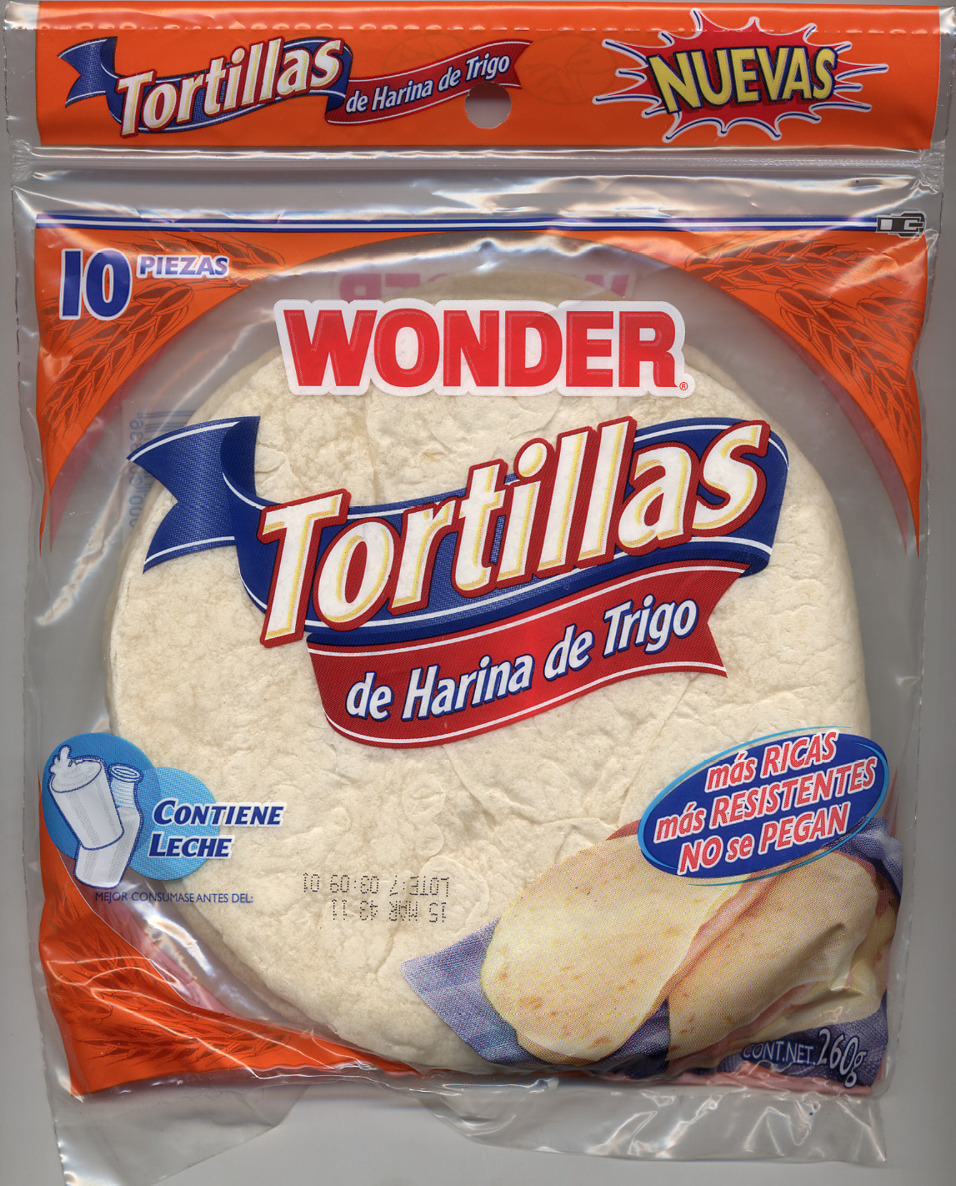
Photo 1.1 . Wonder tortillas made from harina de trigo are readily available in Mexican corner stores and supermarkets, reflecting agricultural and dietary transformation.
Every October, Mexico celebrates El Dia de la Raza, a national holiday in recognition of Mexican culture and traditions. In recent years, indigenous and civil society groups across Mexico used El Dia de la Raza to demand a ban on genetically modified (GM) corn. Monsanto has lobbied for years for the right to plant GM corn trials in parts of Mexico, something that activists and indigenous communities fear will contaminate native maize landraces. In the fall of 2009, the Mexican government approved trials of GM corn in designated areas, reigniting the movement In Defense of Maize.
The coalition In Defense of Maize gained strength in 2001 when scientists tested native maize landraces and found traces of GM corn had introgressed into, or contaminated, the gene flow. This shocking discovery gave rise to a social movement rooted in communities across Mexico but linked to global food sovereignty efforts. Tortilleras began to advertise that the maize they used was 100 percent maize mexicana, a protest against the cheap and poor quality maize imports from the United States. The statement somos hijos de maizewe are the children of cornbecame a popular movement slogan.
Font size:
Interval:
Bookmark:
Similar books «Corn meets maize food movements and markets in Mexico»
Look at similar books to Corn meets maize food movements and markets in Mexico. We have selected literature similar in name and meaning in the hope of providing readers with more options to find new, interesting, not yet read works.
Discussion, reviews of the book Corn meets maize food movements and markets in Mexico and just readers' own opinions. Leave your comments, write what you think about the work, its meaning or the main characters. Specify what exactly you liked and what you didn't like, and why you think so.

